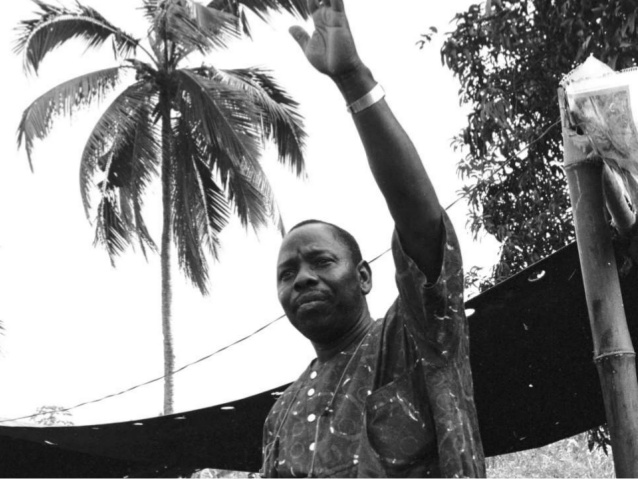
*Moody’s says banks have no incentive to lend to private sector
*Government debt more attractive as non-performing loans soar
07 April 2017, London — The Nigerian government is offering such good rates on bonds and Treasury bills that the country’s banks would rather tie their money up in state debt than lend to businesses or consumers.
“Banks in Nigeria have a reduced incentive to lend to the private sector because of the favorable interest on government securities,” Akintunde Majekodunmi, a banking analyst at Moody’s Investors Service, said by phone from London on Wednesday. “They have increased appetite for government securities, which may cannibalize private-sector credit.”
Lending in Africa’s biggest oil producer just about stalled in 2016, according to Moody’s estimates, as the economy contracted for the first time in 25 years and unpaid loans soared. There is easier money to be made from government debt auctions where yields of 18.74 percent on Nigerian 12-month T-bills, the highest level since February 2012, and rates on 10-year naira bonds of 16.3 percent, come with a lot less risk.
The Central Bank of Nigeria kept its main lending rate unchanged at a record 14 percent for the fourth consecutive meeting in March to help fight inflation that was 17.8 percent in February. The International Monetary Fund urged authorities to tighten policy to anchor inflation expectations and boost investor confidence. This is even as Finance Minister Kemi Adeosun urged policy makers to lower rates to support growth.
‘Too Low’
“Even if the government lowered interest rates, it might not necessarily translate into increasing loans to businesses,” Majekodunmi said. Loan growth in 2017 might increase to between 5 percent and 10 percent in 2017 when adjusted for inflation, he said. “These credit growth rates are still too low for Nigeria.”
 Banking system assets account for about 30 percent of Nigeria’s gross domestic product, which is much lower than many other African and most developed countries, where they sometimes exceed GDP, said Majekodunmi.
Banking system assets account for about 30 percent of Nigeria’s gross domestic product, which is much lower than many other African and most developed countries, where they sometimes exceed GDP, said Majekodunmi.
Nigerian small- and medium-sized banks are struggling to cope with an increase in non-performing loans that reached 14 percent of total credit at the end of December from 11.7 percent at the end of June, according to central bank data. Moody’s expects the ratio to remain at about 12 percent to 14 percent this year. Lagos-based Unity Bank Plc said on Wednesday that it is in talks to sell its soured loans, while also trying to entice investors and sell non-banking assets after missing a regulatory deadline to bolster its capital levels.
Moody’s rates Nigeria’s sovereign debt at B1, four levels below investment grade. The company assesses Nigeria’s banking system as resilient and expects measures taken by lenders to improve their asset quality.
“The risk of asset quality has been partially mitigated by restructuring loans, mainly by extending maturity,” Majekodunmi said. “A favorable economic outlook will stabilize liquidity.”
*David Malingha Doya – Bloomberg



